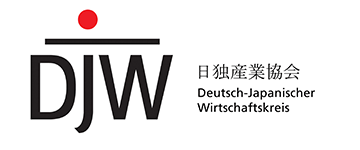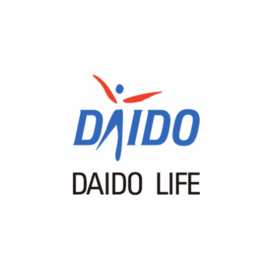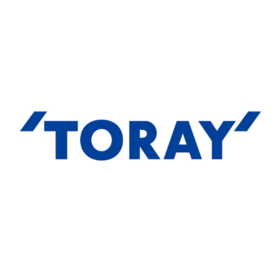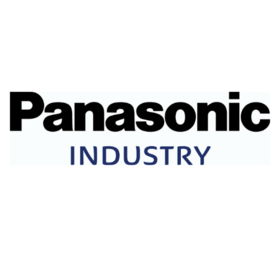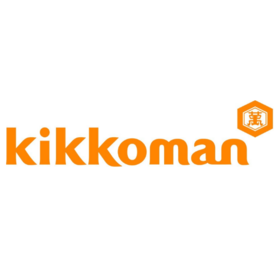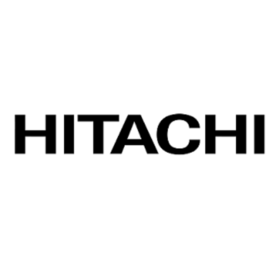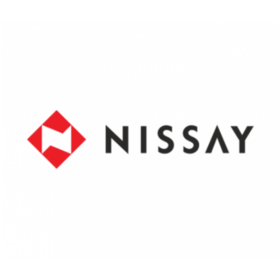Dr. Nicolas Schauer, CEO, METABOLOMIC DISCOVERIES GmbH
This article was first published in DJW News 2/2016.
Health and disease prevention are increasingly gaining significance, especially in aging societies such as Germany and Japan. Inevitably people age and develop diseases over time. While until a few years ago citizens have visited the general practitioner for counsel, we observe a trend towards self-diagnosis using digital resources. Digitalization and its advancements play an important role in this process. It has enabled individuals to easily research in detail about how to stay healthy or to even search the web for their symptoms. Consecutively, with technological advancements and miniaturization, wearable technology has come to the market. These wearables allow the monitoring of vital body functions, such as heart rate, oxygen levels or lifestyle, e.g. activity, steps, calories or sleep. Thus they provide objective and more detailed insights into a human life than ever before. Wearables are becoming more and more popular.
With an ageing society and many unhealthy lifestyle ha-bits, disease risks and occurrences rise. The most common diseases in the industrial world are cardiovascular diseases (CVD), cancer, respiratory diseases, diabetes and neurodegenerative diseases (WHO, 2008). Interestingly, cancer – while one of the most common diseases – shows different occurrences in Japan and in Germany. The most common cancer types in Japan are respiratory, pancreas, stomach and liver cancer, while in Germany colon, prostate, breast and leukaemia incidences are higher.
Both the Japanese and German health care system experience a trend towards increased costs. Japan’s system has been very efficient and cost effective in the last decades, but recently costs have started to increase, as its population ages. The German health care system is dominated by many public and private players and citizens experience insurance cost increases over the years. At the same time, the system is very inflexible and rarely open for new technologies and services, such as mobile apps.
Patients experience this inflexibility and ineffectiveness in both countries. Firstly by having to make an appointment at the doctor’s, which often takes weeks in advance. Thus, urgent cases or just health related questions are not dealt with in time. Furthermore, travelling time and waiting time to see the doctor have to be taken into account. In the end, patients see a time-constrained doctor only for a few minutes to get a prescription for a drug, therapy or some diagnostic tests. Those tests may take another several hours at an expert’s location. As a result a lot of time is spent for little more information or an insufficient diagnosis.
Modern technology, miniaturization, smart phones and the internet of things provide a huge opportunity for disease prevention, diagnostics and therapy. Today, hundreds to thousands of health and fitness apps exist. Companies have started to develop self-testing devices and kits to allow mobile and at home testing without the need to travel to a doctor.
New concepts for the promotion of health and personalized lifestyle recommendations are being developed. This is in line with the consumers’ interest in taking more responsibility for their health.
But yet, governments cannot keep up with the development of regulative frame works in order to provide citizens with validated and approved products and services in short time. That being said, some progress is made. Japan has put focus on regenerative medicine and has provided laws to facilitate research and application at an early research and approval stage, for example in stem cell therapy. Here, Japan promises to speed up validation and approval by three to five years. The reason is not only to provide novel therapies, but also to boost the (national) economy. Germany with its complex health care market is developing an eHealth law, which may come into place in 2016. Especially, in terms of eHealth, studies show that Germany is far behind other countries and illustrate the huge possibilities, which arise through digitalization of healthcare infrastructure and processes. The growing interest of citizens in taking responsibility for their health and to use modern technology to get in touch with a doctor, get a machine-based diagnosis and a mobile and efficient therapy, is developing much faster than any government can react to. Thus citizens and companies develop novel tools for their own and other people’s use. This is citizen science and patient-driven diagnostics and therapy development. The increase in market shares of wearables and health apps shows the demand and the desire of people to empower themselves.
A good example of such empowerment is the diagnostic screening platform called Kenkodo developed by Metabolomic Discoveries. With the help of this tool, everyone is able to understand individual changes in their metabolism according to lifestyle changes. It provides the technology for easy and comfortable blood sampling, visualisation of the results and comprehensible implications for personal health. Thus, it is easily accessible for everyone. This screening platform addresses a broad range of potential customers, beginning with health and wellbeing-conscious people, who are interested in measuring their metabolome. In addition, chronically ill patients are an important group as they want to find ways to improve their quality of life in spite of illnesses such as diabetes, nutrition intolerances, neurodermatitis or migraines. The provided information goes beyond that of a traditional blood analysis carried out by healthcare professionals. Using Kenkodo, physicians can gain a far more detailed and objective insight into their patient’s metabolism and lifestyle and treat their patients individually. The screening platform plays a crucial role in raising public awareness by promoting the adaptation of healthy habits.
The scientific basis of this technology is high-resolution mass spectrometry to identify up to 1,000 different metabolites present in our blood. This is by far more than any current available metabolite analysis at the doctor’s practice. Kenkodo provides a testing kit for easy and convenient sample taking. A small drop of capillary blood from a fingertip collected on a regular basis is sufficient. In parallel, the consumer records lifestyle information concerning their nutrition, exercise and mood by a mobile application. The blood sample is directly stored on the stick in the form of dried blood and easily sent in an envelope via standard mail. All of the metabolite analyses are performed in standardized laboratories of Metabolomic Discoveries. Importantly, metabolite profiles of individuals are correlated with corresponding lifestyle information to identify so far unknown connections. This will allow an individual and personal look on the effect of lifestyle on metabolism.
Every person may react differently to genetic prepositions or lifestyle influences. A dietary change may be obvious on a physical basis. The effect on the body may not be directly observable. Hence, a personal study showed that switching from a typical western diet to a Japanese diet for several weeks had an immediate effect on body metabolism. While western diets are typically meat and potato based the Japanese diet includes mainly rice, mildly processed vegetables and only small portions of fish or meat. The differences in flavor and texture shall not be discussed here. The observable effect on the body and the mind was to feel lighter, less fatigue and less cravings for sweets. Only insights into the body by a detailed blood analysis as described above provided results on how the diet changes the metabolic composition. Saturated fatty acids, mainly present in meat and heavy processed products, decreased when the diet was changed. At the same time, unsaturated fatty acids (Omega-3-fatty acids) and their respective phospholipids increased while on a Japanese diet. Unsaturated fatty acids are said to be good for health and wellbeing. Thus, while not an immediate effect on the health status is observable even after switching to different food, a detailed blood analysis provides means to show this inner body effect and can stimulate and motivate to follow the path to-wards a healthier life.
